South Asian Forum for Environment









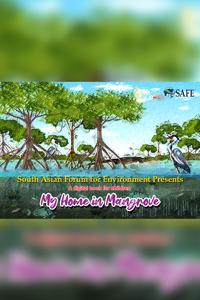
On world Mangrove Day, the South Asian Forum for Environment, SAFE, launches a digital book for children titled, “My Home in Mangrove”.
This Book is just one of the many initiatives by SAFE to spread awareness about the significance of the Sundarbans, the world’s largest mangrove biosphere. The book will be published in diverse Indian and foreign languages, to educate more children on the vital role that the mangroves play in conserving and maintaining the ecological balance.
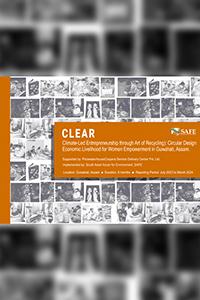
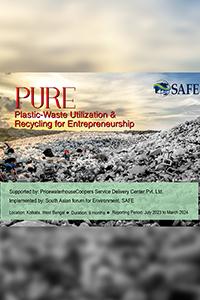
PURE, Plastic-Waste Utilization & Recycling for Entrepreneurship, “It is plastic or planet?”, is the theme of this year’s Earth Day, as the world observed on 22nd March 2024. It is time to shift to net zero emissions by reducing and recycling plastics. The project focuses on an organized collection of plastic waste. Plastics are of good use; however plastic litter is a problem. It is observed that most of the waste management laws are plastic-centric. The city waste dumps are littered with plastic mixed with food and other waste. Plastics are 100% recyclable, even at the end of their useful lifestyle. In the absence of bins, awareness, and a lack of sense of our environmental responsibility, the throwaway habits of our citizens. If plastic was managed responsibly, it would no longer be harmful to the environment.
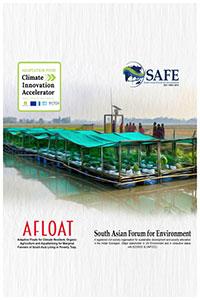
An innovative approach for adaptive agriculture and integrated aquafarming to grow fresh and nutritive food over floating trays in inundated coastal and riverine flood plains for marginal communities of South Asia at climate risk.
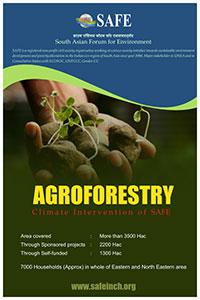
The practice of agroforestry has tremendous potential in food and livelihood security, enrichment of natural resources, and poverty alleviation, in changing climate regimes.
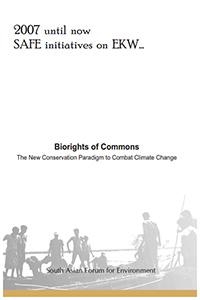
Biorights is a paradigm that attempts to protect areas of global biological importance by compensating poor people that live near nature areas and that are dependent on these nature areas for cash-generating activities.
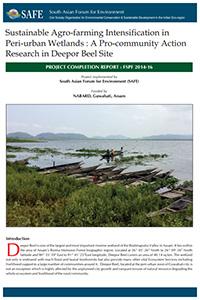
Deepor Beel is one of the largest and most important riverine wetlands of the Brahmaputra Valley in Assam. Deepor Beel, is located in the peri-urban zone of Guwahati city. It is highly affected by unplanned city growth and rampant misuse of natural resources degrading the whole ecosystem and livelihood of the local community.
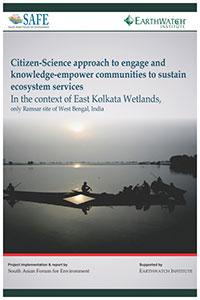
Wetlands are the greatest natural resource recycling ecosystems with multiple nature services through a confluence of terrestrial and aquatic habitats. Their biotic and abiotic systems facilitate micro-climate regulation & carbon sequestering, flood control, erosion reduction, and maintaining groundwater levels.
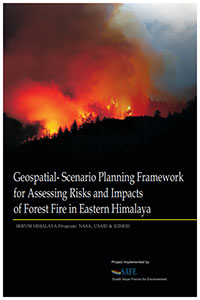
Can Forest Fires be prescribed? This is a critical argument from the perspectives of mountain people’s livelihood and safety or conservation and physiognomy of the mountain forest. Geospatial- scenario planning framework for assessing risks and impacts of forest fire is therefore important for developing an inclusive and holistic conservation paradigm in the eastern part of the Hindukush Himalayas.
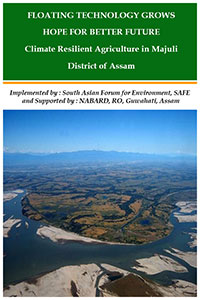
Majuli district in Assam is the only island district in the country. It is truly a water world. The entire island is a giant wetland broken only by embankments that house the primary human settlements and is in many ways the communication lifeline of the island.
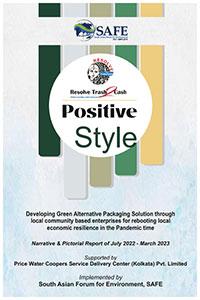
ResolveTrash2Cash, a registered MSME is the upfront face of the waste recycling enterprise, which was initiated in the year 2011, by the South Asian Forum for Environment, SAFE as an urban climate initiative on integrated solid waste management. Over a decade, the project on ISWM much transformed into a community-based enterprise in the ‘art of recycling’, promoting a sustainable lifestyle.
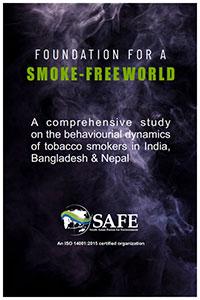
The project “A comprehensive study on the behavioral dynamics of tobacco smokers in India, Bangladesh & Nepal” was launched successfully in mid-October 2022. In the first quarter of the project, extensive background research has been conducted through an exhaustive literature review encompassing smoking habit cessation activities and programs, scientific studies at the science-society interface, and as well several methodological reviews for data interpretation and interpolating the gaps in knowledge using digital and archived secondary sources.
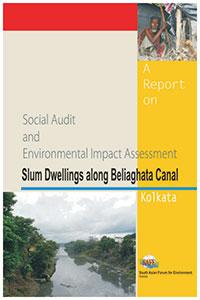
Social Assessment provides a framework for incorporating participation and social analysis into the design and successful implementation of development projects. Social audit is extremely important for economic and sector work. Social Assessments focus on issues of operational relevance, prioritize critical issues from among the many social variables that potentially affect a project’s impacts and success, and recommend how to address those issues to ensure that implementation arrangements take into consideration the key social and institutional concerns.

SAFE has the mandate of natural resource conservation through equal and reciprocal participation of stakeholders and the community, which led to the formulation of this integrated model on water and sanitation that utilizes carbon smart energy and climate adaptive usage of water resources.
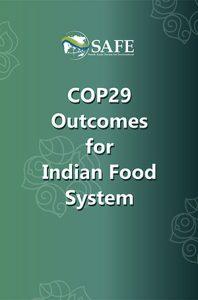
Year 2024 being the warmest year on record, Baku COP happened against a backdrop of large-scale weather disasters that have killed people and harvests, and demanded specific deliverables on whole food system. But COP 29 failed to make any substantial headway on commitments recognizing the critical role food systems play in climate action on the foundations laid at COP 28 in Dubai. It is therefore important to follow the outcomes of the 2025 Forum of the UNFCCC Standing Committee on Finance dedicated for accelerating climate action and resilience through financing sustainable food systems and agriculture. The Forum will be held from 8 to 9 September 2025 at the FAO Headquarters, Rome, Italy. Meanwhile we discuss below the outcomes of Baku COP in the Indian Perspective.